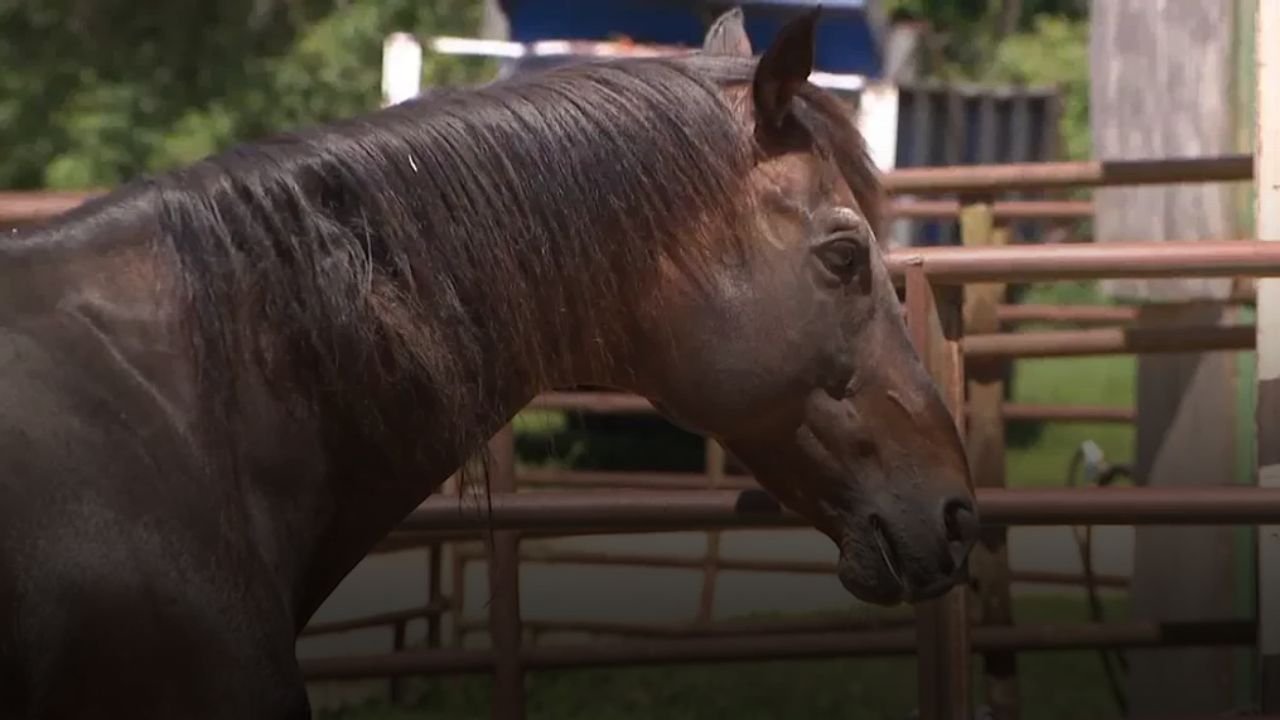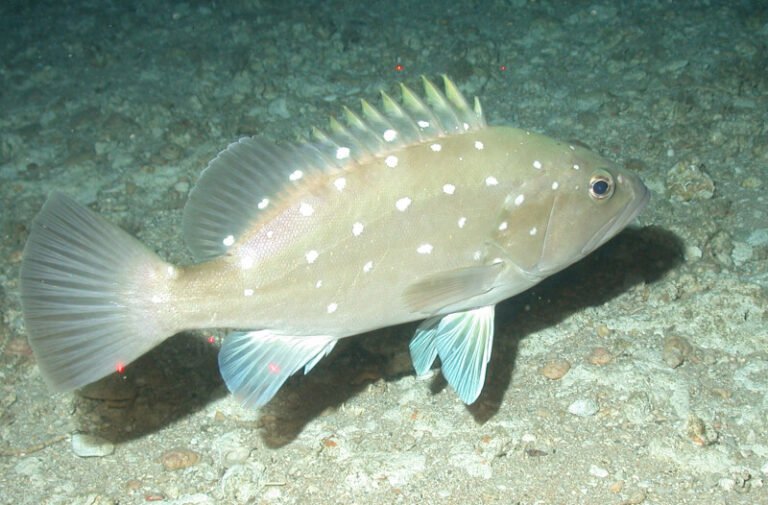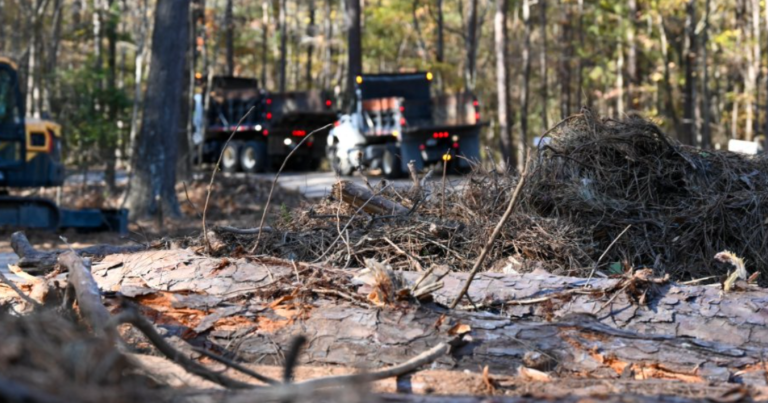First 2025 Cases of Eastern Equine Encephalitis Confirmed in South Carolina
COLUMBIA, S.C. — South Carolina officials have confirmed the first Eastern equine encephalitis (EEE) virus cases of 2025, after two horses — one in Jasper County and one in Aiken County — succumbed to the deadly mosquito-borne illness.
According to the Clemson University Department of Livestock Poultry Health, a five-year-old unvaccinated stallion died from EEE in Jasper County. In Aiken County, a five-year-old mare exhibiting neurological symptoms was euthanized. The National Veterinary Services Laboratories confirmed both diagnoses on July 24.
What Is EEE and Why It’s Dangerous
Eastern equine encephalitis is a mosquito-borne virus with a mortality rate approaching 90% in unvaccinated horses. The virus causes inflammation of the brain and nervous system and progresses rapidly. South Carolina typically reports fewer cases than neighboring states thanks to stronger vaccination compliance — but the risk still rises significantly during summer and early fall.
Symptoms in horses may include:
- Incoordination or stumbling
- Head pressing or circling
- Depression or weakness
- Muscle twitching or paralysis
- Inability to stand or sudden death
Horse owners noticing any of these signs should seek veterinary attention immediately. Suspected EEE, West Nile virus (WNV), rabies, or equine herpesvirus (EHV-1) cases must be reported to the State Veterinarian’s Office within 48 hours under state law.
Veterinarians Urge Immediate Vaccination
State Veterinarian Dr. Michael Neault strongly recommends that horse owners ensure vaccinations for EEE, WNV, and rabies are current.
“As is always the case with South Carolina summers, we’ve had a lot of rain and warm temperatures, which means mosquito populations can be extremely high,” Neault said in the Clemson News announcement.
Mosquito Prevention Is Key
In addition to vaccination, mosquito control strategies are critical to reducing transmission risk. The Culiseta melanura species — known as the black-tailed mosquito — is the primary vector for EEE.
The Clemson University team recommends:
- Removing standing water near barns and paddocks
- Using equine-safe insect repellents
- Stabling horses from dusk to dawn
- Installing and maintaining stable screens
For additional guidance, South Carolina horse owners can visit the Clemson Veterinary Biosecurity Resources.
Stay Informed
Equine health professionals across the state will continue to monitor and report new cases. With mosquito activity peaking through September, equine owners are advised to stay proactive in both vaccination and prevention efforts.
Want to weigh in or share your experiences with EEE prevention? Drop your thoughts in the comments on saludastandard-sentinel.com and help spread awareness among South Carolina’s equestrian community.







